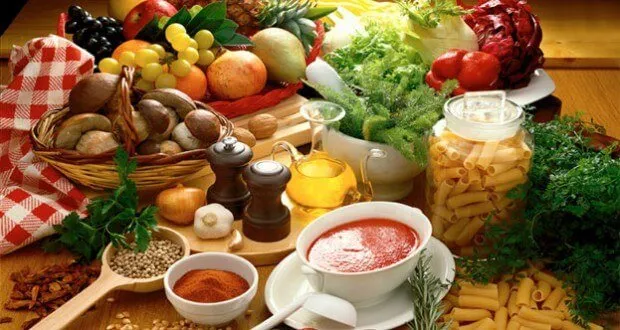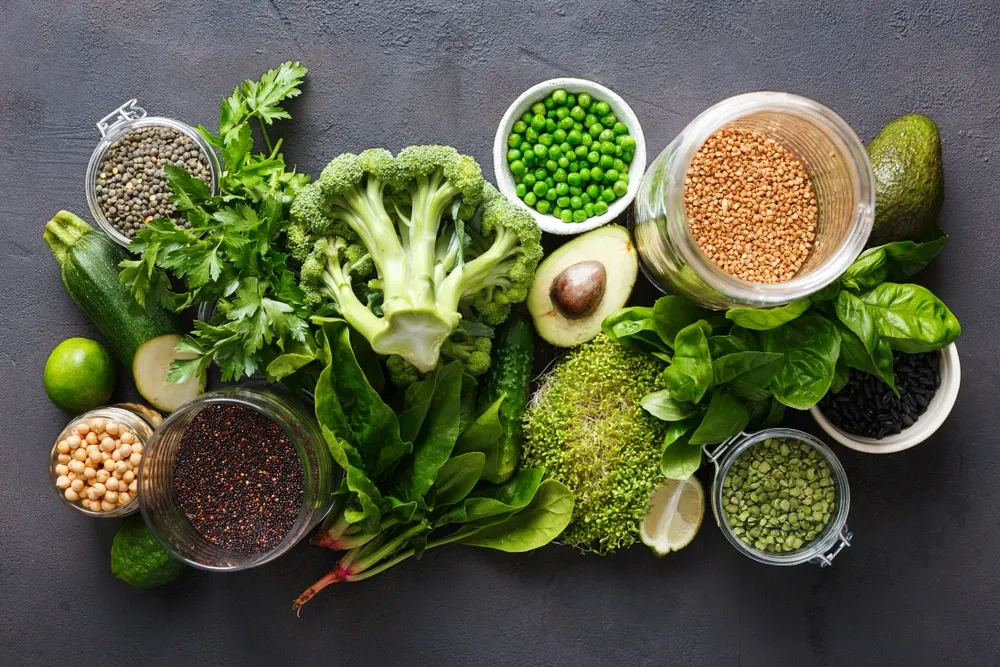
Being a vegetarian encompasses a variety of eating habits; strictly speaking, all animal and meat by-products are excluded from the diet. But ovo-lacto vegetarians eat dairy products and eggs too, while pescetarians still eat all seafood. The most strict vegetarians do not consume any food of animal origin (not even honey), and some do not wear anything made of animals as well, which means they are becoming vegans.
And the more restricted the diet, the more care must be taken to obtain all the necessary nutrients for the body. In plant-based diets, several essential substances may be missing, be absent or poorly absorbed. These include animal proteins with their specific nutrients, omega-3 and fatty acids, iron, zinc, calcium, and vitamins D and B12.

There are studies that observe vegetarians need nutritional monitoring and replacement of some components using synthetic vitamins. Vitamin B12, for example, is related to the formation of neurons and has an important role in blood and metabolism, but it only comes through meat, fish, butter, and foods that strict vegetarians do not ingest.
Even to become a vegetarian it is important to be careful - and not just live on eating salad. The menu change must be monitored by a nutritionist to also avoid, for example, problems such as iron and calcium deficiency, which could lead to anemia, osteoporosis and decreased cellular immunity.
What happens is that, many times, people cut the red meat off the menu and decide to become ovo-lacto vegetarians. But eating lots of eggs, pasta, carbohydrates, and drinking milk, the chance of gaining weight and tending to obesity is great. And instead of improving health, it gets worse.
To replenish the sources of protein, it is advisable to eat dark green vegetables, soybeans, beans, lentils and chickpeas and oilseeds such as nuts, chestnuts, and almonds.

In the case of pregnant women, vitamin supplements can supply the increased need for iron, folic acid, vitamins, and minerals. And children raised on a vegetarian diet also need to be watched.
The family option for vegetarianism does not need to be condemned, it just needs to be taken care of. Observing the quality of the food matters the most. Fiber to a greater degree is suitable, for example, to encourage chewing and digestion of the little vegetarians.
Becoming a vegetarian has more than proven benefits. The most evident is related to lifestyle changes, a lighter diet and low cholesterol, which can also be related to the prevention of colorectal cancer and other intestinal problems.
But perhaps balance is still the best way of a healthy eating. What is advised is to look for a specialist to talk about the topic and choose cautiously which food to eat.

Reducing the amount of animal protein is interesting, but even that varies from individual to individual and depends on the health history. Perhaps it is more a case of reducing the consumption of these proteins a few days a week and including more vegetables and grains in everyday life. It is not only becoming a vegetarian and cutting out food but also the case to include other new food types to make up for the lack of those removed.
Picture credits: The pictures used in this publication can be found on these sites: Metal Piraricaba, Tua Saúde, VegMag, American Society of Nutrition.
Follow the Light and much Love,
@manandezo!
October 10th, 2020